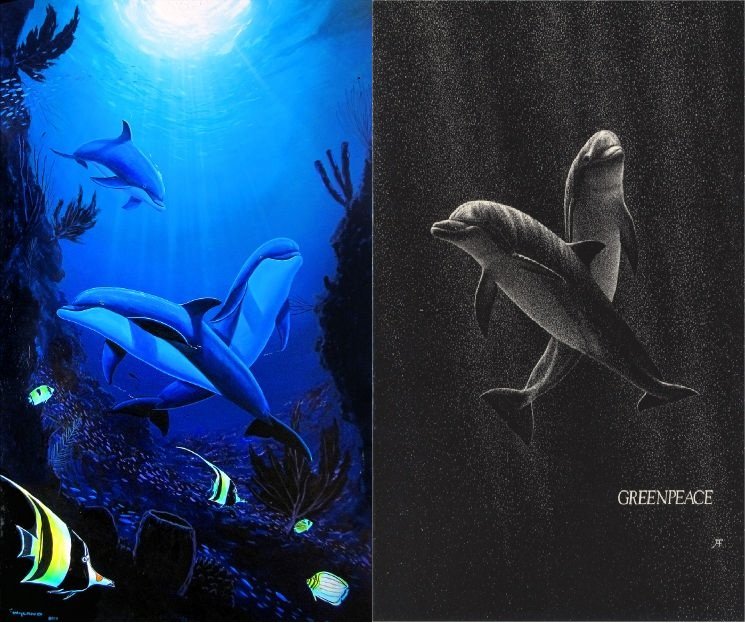Joshua Lange, the named defendant, owns, operates, and is the sole employee of his internet site, Motherless.com. The site contains over 12.6 million mostly pornographic pictures and video clips. The content generally has been uploaded by the site’s users, and the uploaders may or may not have created the material. Motherless stores the content on servers that Lange owns. In 2011, the website had nearly 750,000 active users and about 611,000 visits daily.
Comments closedDekuzu Posts
When the owner of a foreign website, acting abroad, uploads video content in which another party holds exclusive United States public performance rights under the Copyright Act and then directs the uploaded content to United States viewers upon their request, does it commit an infringing “performance” under the Act? If so, is it protected from liability by the principle – unquestioned here – that the Act has no extraterritorial application?
Comments closedIn response of USA sanctions the Russian legislators have proposed to exhaust rights in trademarks of USA companies and other companies from countries which uphold or endorsed the sanctions against Russia. The revised draft law does not provide such measure.
Comments closedFebruary this year the Russian Supreme Court proposed to free Russian judges from reasoning their decisions. The rationale for such decision was the fact that sometimes the parties of case do not require it, or do not attend the court when it considers the case. Motivational part in court’s decision explains why the court made its decision, which legal norms it has applied.
Comments closedRussian prime minister admitted that it is almost impossible to achieve target in digital world by means of prohibition. For most prohibitions in digital world new means of their circumvention emerges. It relates to the cases of intellectual property first of all and also for other industries.
Comments closedInternet is borderless, but national legislation is not. Under Russian law certain types of advertisement is forbidden for dissemination, including in Internet. Not all web-sites comply with requirements for ads. Therefore Russian authorities have rights to require restriction of access in a case if ad legislation is violated in relation to certain ad.
Comments closedExperts from Russian government believes Russian internet watchdog Roskomnadzor extends its authority by means of proposed draft order. They believe the draft order is to be rewritten; the draft provides Roskomnadzor with authority to restrict access to any web-site at its own discretion. But Roskomnadzor believes it has proposed the suitable draft of order – it is necessary to fix failures made by courts in their decisions and other documents made by relevant authorities or officers.
Comments closed
The plaintiff alleged that the defendant infringed on his pen and ink depiction of two dolphins crossing underwater. Applying the objective extrinsic test for substantial similarity, the panel held that the only area of commonality between the parties’ works was an element first found in nature, expressing ideas that nature has already expressed for all, a court need not permit the case to go to a trier of fact.
Comments closedBaseline
No policy intervention. CHIs would continue to rely mainly on individual licensing, or collective licensing where possible. Collective licensing would be supported by national legal mechanisms to cover the rights of outsiders only in a limited number of MS. Licences resulting from these mechanisms would be limited to one national territory. The 2011 MoU would continue to call on MS to adopt such mechanisms for books and learned journals, and to provide a basis for further collective licences for this category of works.
Comments closedThe Copyright Act defines a “computer program” as “a set of statements or instructions to be used directly or indirectly in a computer in order to bring about a certain result.” A claim to copyright in a computer program may be based on the authorship “expressed in words, numbers, or other verbal or numerical symbols or indicia,” regardless of whether that expression has been fixed in tapes, disks, cards, or any other tangible medium of expression.
Comments closed